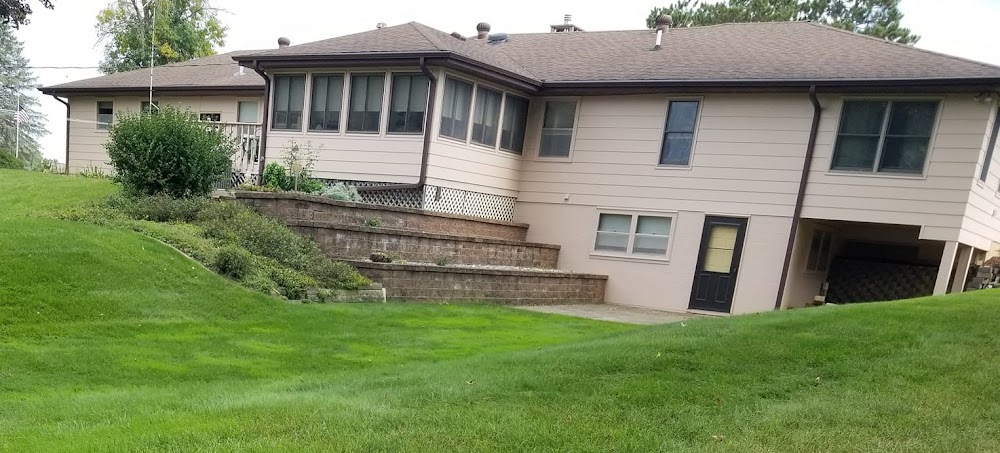
Serendipity thrives betwixt me and Sepia. Last weekend I had my first experience whilst spending this winter here in the Minnesota arctic north, I snow shoed. I have been curious about snow shoes ever since we moved here and well what better time than now to try it our while we are in the midst of polar clippers, non stop frigidity and some sunshine on diamonds in the snow. Fresh powder snow doesn’t just look beautiful, it also
swallows noise, making everything impossibly silent. But walking through deep
snow is so strenuous that it’s nearly impossible to enjoy this simple pleasure
— unless you strap on a pair of snowshoes. Now for the Sepianness, I found lots of information about snow shoes, that I never knew. For example, did you know they were likely invented in northern Asia perhaps 6,000 years ago and then brought across what was at the time the Bering land bridge between Siberia and Alaska by the native Inuits and Native Americans when they migrated. Because the materials don't last that long, there is no archaeological evidence. An interesting website is: http://kaufmann-mercantile.com/wooden-snowshoes/
 |
| Add caption |
While these are not Sepian photos by age but are current, taken right here in La Crescent, MN on January 18 and 19, 2014, this is me on my first snow shoe attempts. I learned that it is easier on top of icy or packed snow, which provides a base for he shoes to glide, so it was far easier in the woods behind our home. I shared more photos of my expedition on Facebook. Here I am strolling along the side of our home, as I came up the hill. This year I believe I am wearing out my parka it has been arctic frigid and we have not been able to snowbird south as weather is not giving a break now.
 |
| Me in the front of the house atop the mounds and hills of snow |
On our visit to the Anchorage Alaska museum in August where we spent merely half a day and could have spent much more time had massive exhibits of the old wooden snow shoes used by the Natives. When I read that the Inuit and Athabascans, Algonquin, Attikamek, Cree, Naskapi,
Labrador and Iroquois mastered the development of snowshoe making using various wooden weaving, I reflected on today's snowshoes of different materials.
 |
| Wooden and woven Native American snowshoe |
Although
snowshoes were also used in Europe, mainly in the Alps and Scandinavia, their
development was not as sophisticated as of those across the Atlantic. In Europe
there was a stronger focus on the development of skis to facilitate walking and
traveling through deep snow. The snowshoe, in its advanced form, was introduced
in Europe only when the first settlers brought them back from North America
around 1600.
My snow shoes which I rented for the weekend were made of sturdy but very light weight aluminum with web fasteners and grippers on the bottom.
 |
| Sideways shot of my foot in the snowshoe |
It is almost easier, I believe, to cross country ski to glide quickly so I can understand why skis were used in Europe and other parts of the world. Snow shoes require a lifitng of the feet and perhaps it is a bit more tiring. Yet snow shoes played an integral part of the settling of the United States and were extensively used by the trappers and fur traders in these northern states. Settlers usually bought their
snowshoes from the Native Americans. Ironically, that a Native American
invention helped European settlers spread across this continent.
 |
| Uncle Carl and horse drawn sleigh |
To keep the Sepia theme, I share photos from the late 1930's in Pennsylvania and while not of snowshoes, they reflect winter and the one horse open sleigh. These are of my late Uncle Carl and an unidentified man who were sleighing to get around and it looks as though they had at least one stop for adjustment to the horse or harness.
 |
Something needed fixed and it looks like
the horse stood for the repair |
 |
Was it really such fun to ride in a one horse open sleigh?
|
This is my contribution to this week's theme. To see what others in the international realm have contributed, go to the site at this link http://sepiasaturday.blogspot.com/2014/01/sepia-saturday-212-25-january-2014.html








